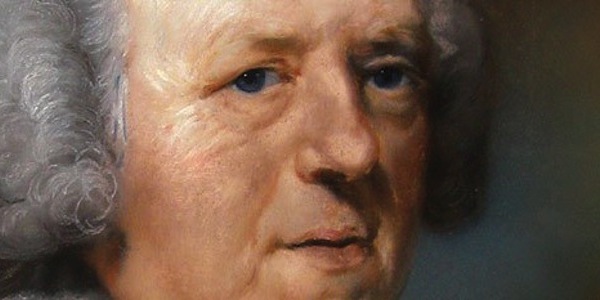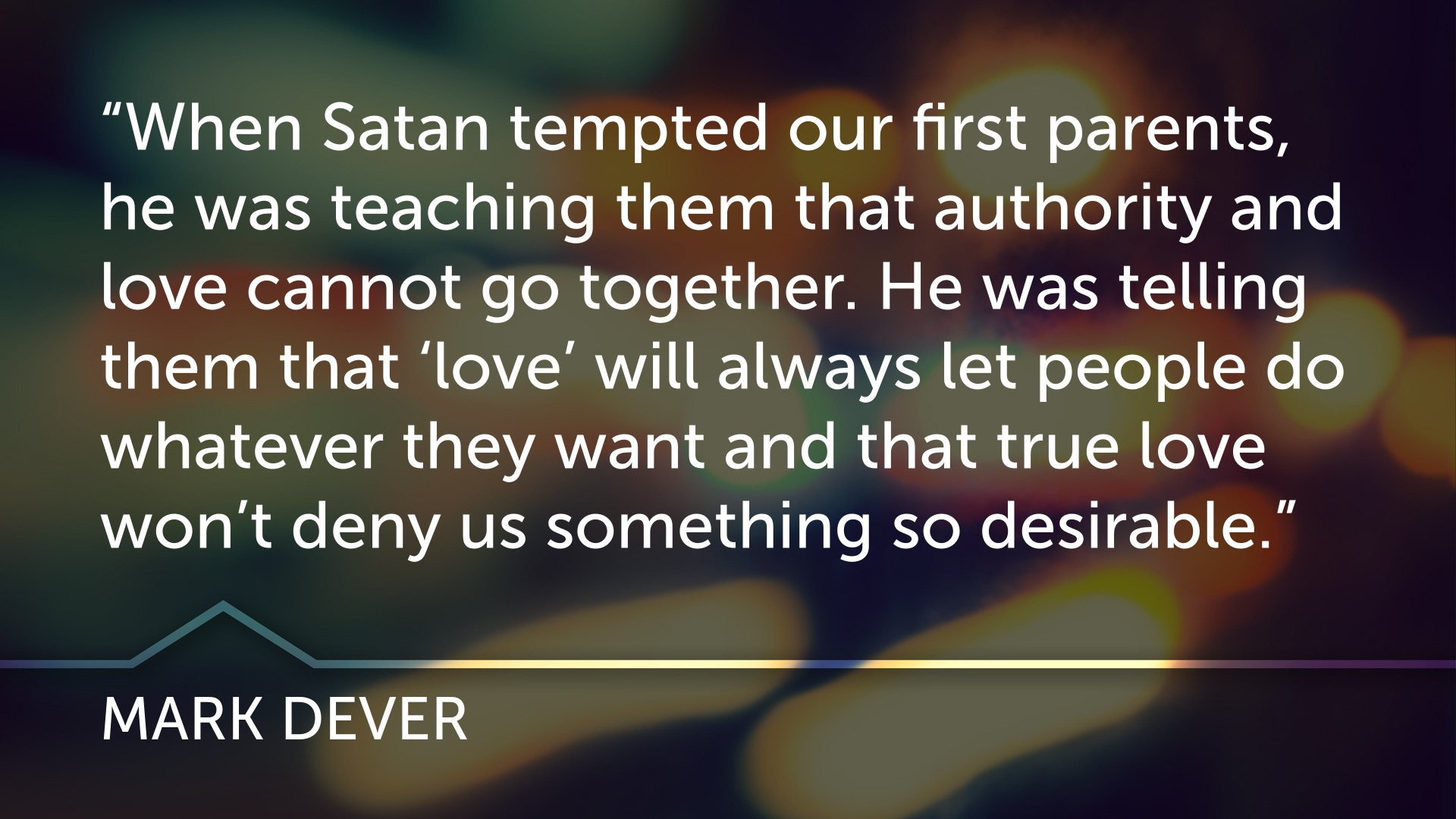From John Newton’s Cardiphonia:. This book strongly influenced poet Hannah More, of the Clapham Sect, the group (Wilberforce was a member) that was instrumental in abolishing the slave trade in the United Kingdom.
Romans 7:21 (ESV)
21 So I find it to be a law that when I want to do right, evil lies close at hand.
“But, blessed be God, though we must feel hourly cause for shame and humiliation for what we are in ourselves, we have cause to rejoice continually in Christ Jesus, who, as he is revealed unto us under the various names, characters, relations, and offices, which he bears in the Scripture, holds out to our faith a balm for every wound, a cordial for every discouragement, and a sufficient answer to every objection which sin or Satan can suggest against our peace. If we are guilty, he is our Righteousness; if we are sick, he is our infallible Physician; if we are weak, helpless, and defenceless, he is the compassionate and faithful Shepherd who has taken charge of us, and will not suffer any thing to disappoint our hopes, or to separate us from his love. He knows our frame, he remembers that we are but dust, and has engaged to guide us by his counsel, support us by his power, and at length to receive us to his glory, that we may be with him for ever.”
John Newton, Richard Cecil, The Works of the John Newton, vol. 1 (London: Hamilton, Adams & Co., 1824), 439.



